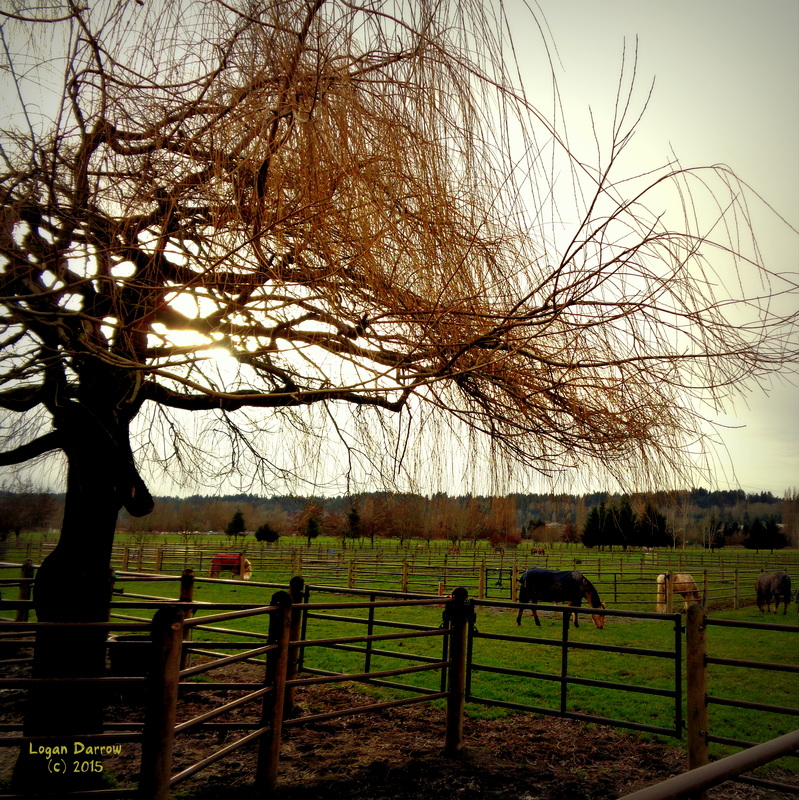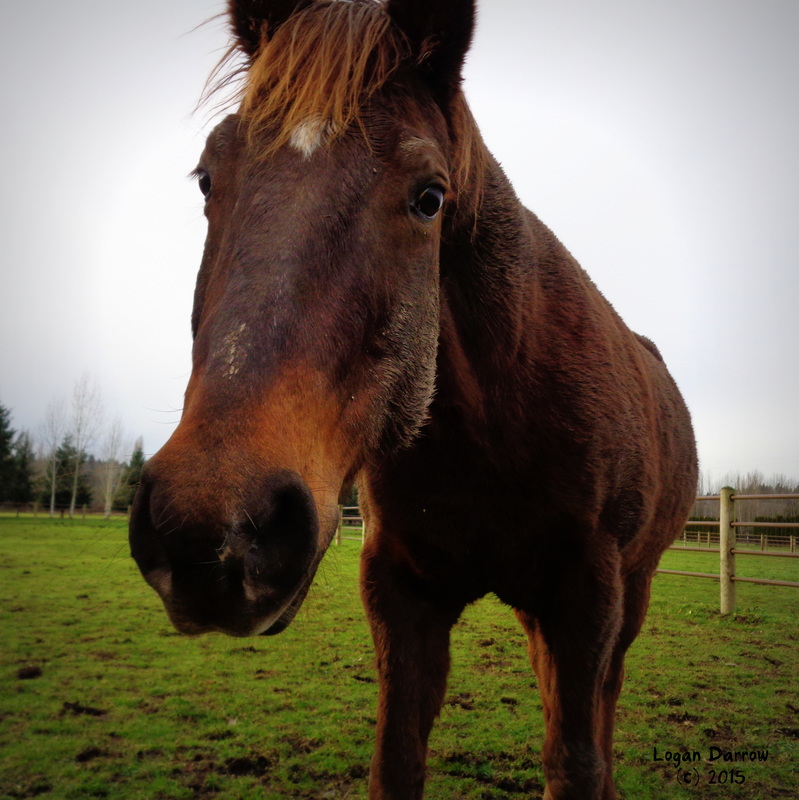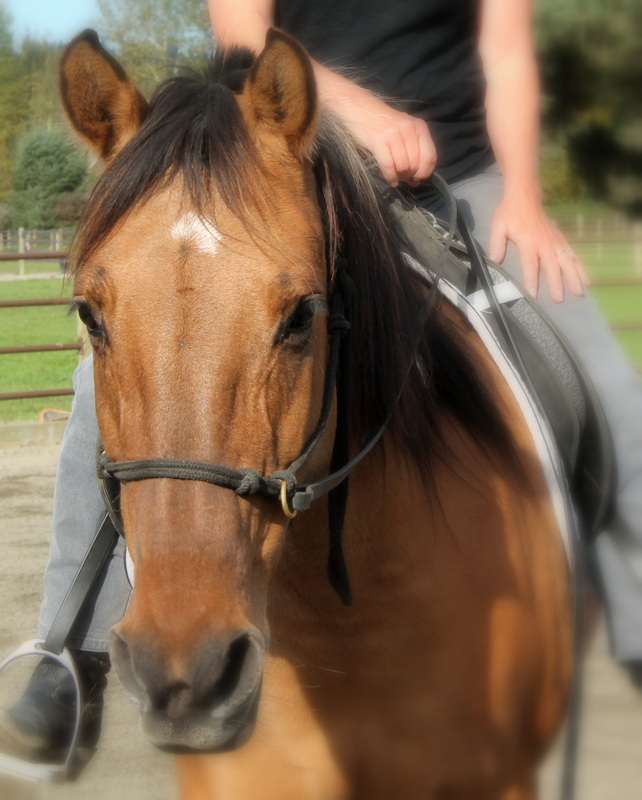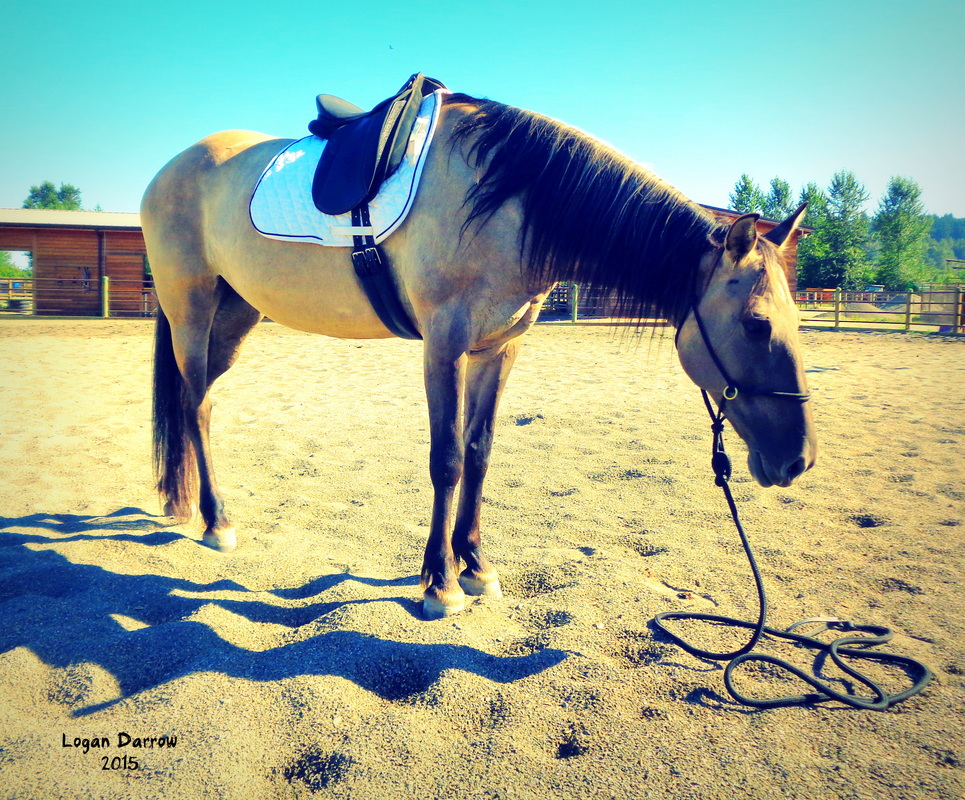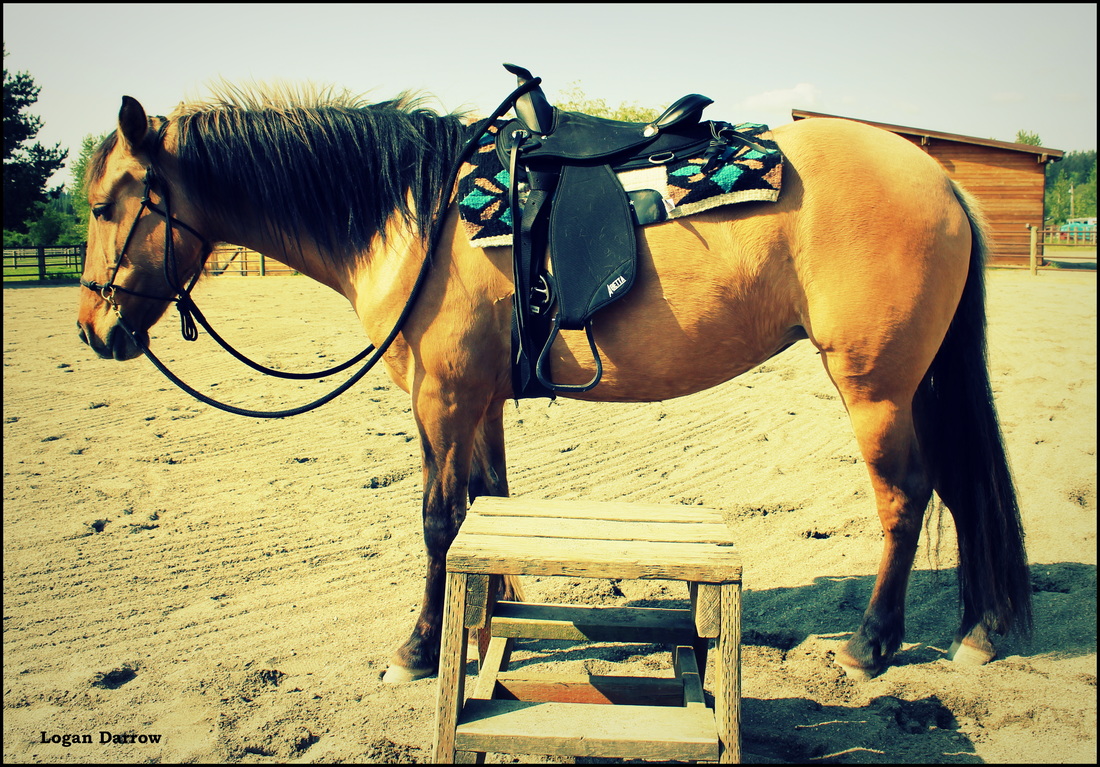Buddha's Royal HorseWhen Prince Siddartha set out from the royal palace about 2,500 years ago on a journey that changed his life and changed the world, legend says he began that journey on the back of the most valuable horse in his father’s kingdom: Kanthaka, a magnificent white stallion. In truth, no one really knows the details of the early life of the privileged prince who gave up his wealth and family in order to spend his life searching for truth as The Enlighted One, the Buddha. But the role of Kanthaka in his story illustrates the reverence, respect and dependence between horse and human that has endured for centuries. Legend says that Siddhartha and Kanthaka were born on the same day. Kanthaka appears in the story of the Buddha when Siddhartha married his bride, Princess Yasodhara. A bridegroom had to prove his worth as a warrior, able to ride into battle, wield a sword, and excel in mounted archery. Mounted on Kanthaka, Siddartha bested his opponents in contests proving his superior skills as a horseman and a fighter, and from then on Kanthaka was his favorite horse. (Click on Read More to continue)
2 Comments
The Reason Might Surprise YouA lively discussion on my online training group evolved recently over the different ways we lead our horses. Some people lead their horses at the shoulder, others lead their horse behind them. We all have our own valid reasons for doing things a certain way. “I was always taught that you have more control over the horse if you are leading him beside you.” “I don’t like to lead my horse next to me. If something spooks him, he could jump sideways and knock me over.“ "In the wild, horses follow behind each other, it is their natural way of going.” “I don’t like to lead my horse behind me. If something spooks him, he could jump forward and run me over.” “My horse needs to lead at the shoulder because I show him in hand, and those are the rules for the class.” “If your horse respects your personal space, it doesn’t matter where you lead, because he is not going to run you over no matter what happens.” The truth is, there is no absolute right or wrong for this issue. However, I lead my horses behind me, and it has nothing to do with control, safety or tradition. (Click on Read More to continue) Photograph courtesy of Billie Fitzharris
By Shelley AppletonLegendary horseman Ray Hunt famously used to sign his autograph with the word “Think”. This is because when you work a horse you need to be operating from your intellect and not your emotions. Why? Because you need your intellect to retrieve the information that you understand about the horse in order to observe, analyse and evaluate the horse during training. You need your intellect to problem solve, judge your own performance and make decisions during the training process. Horses are emotional creatures and their behaviour is a reflection of how they feel. However, human thoughts and actions are shaped by both our emotions AND our ability to think and reason. Aristotle labelled us the “rational animal” as our brain has the unique ability to perform complex reasoning. We are able to do this because our brain has both an emotional and intellectual system to assist our survival. Our emotional and intellectual systems are connected and every thought and action is a product of varying input from both systems. When we work with horses, we are more successful when our thoughts and actions are principally influenced by our intellect and not our emotions. This is easier said than done because our emotional system is a primeval system, involuntary and fast. Our intellectual system is evolutionarily newer, relatively voluntary and slower. It takes more mental effort to utilise our intellect than our emotional system. When we are under pressure we also tend to default to our emotional system. (Click on Read More to continue)
Strategies for Dealing with Unsolicited Criticism I recently spotted this online ad for a boarding stable: Drama free barn Full turnout Indoor and outdoor arenas $450/month Wait . . . . what? Drama free? What does THAT mean, and why is it the first thing on the list? Hopefully you have not encountered a boarding stable situation in your life that left you knowing EXACTLY what that means: an environment within a community of horse owners that fosters rudeness, gossip, judgmentalism, and even verbal abuse, centered on how you handle, train and ride your horse. In other words, someone has taken it upon themselves to tell you that you don’t know what you’re doing. They have ruined your day, put doubt in your mind, destroyed your focus. If this has been happening to you in your equine environment, or anywhere in your life for that matter, keep reading for some strategies that can help. |
Your email address will be kept private.
Email me directly at
[email protected] 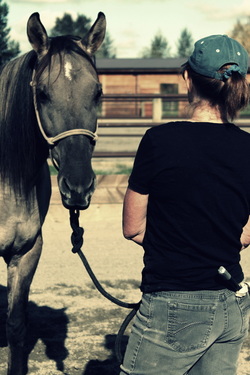
Archives
September 2018
Categories
All
|
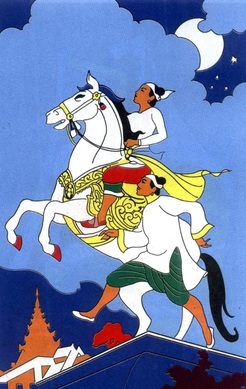
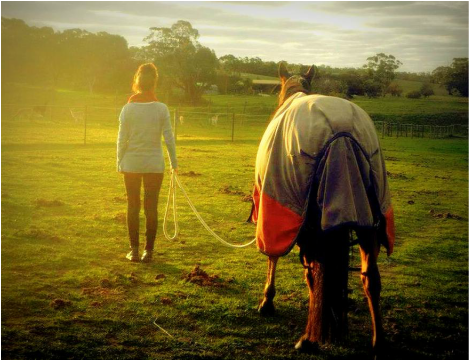
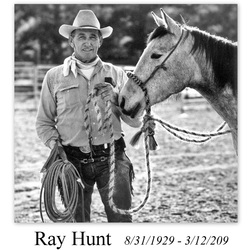
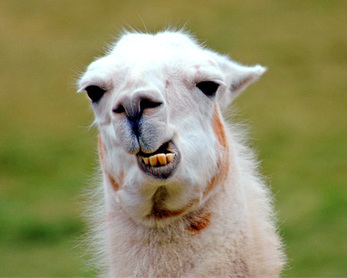
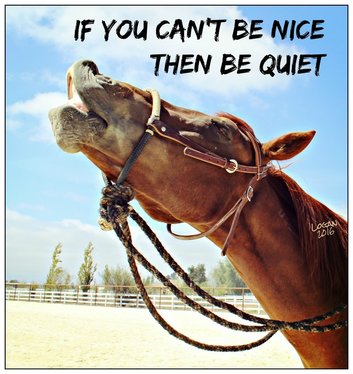
 RSS Feed
RSS Feed
